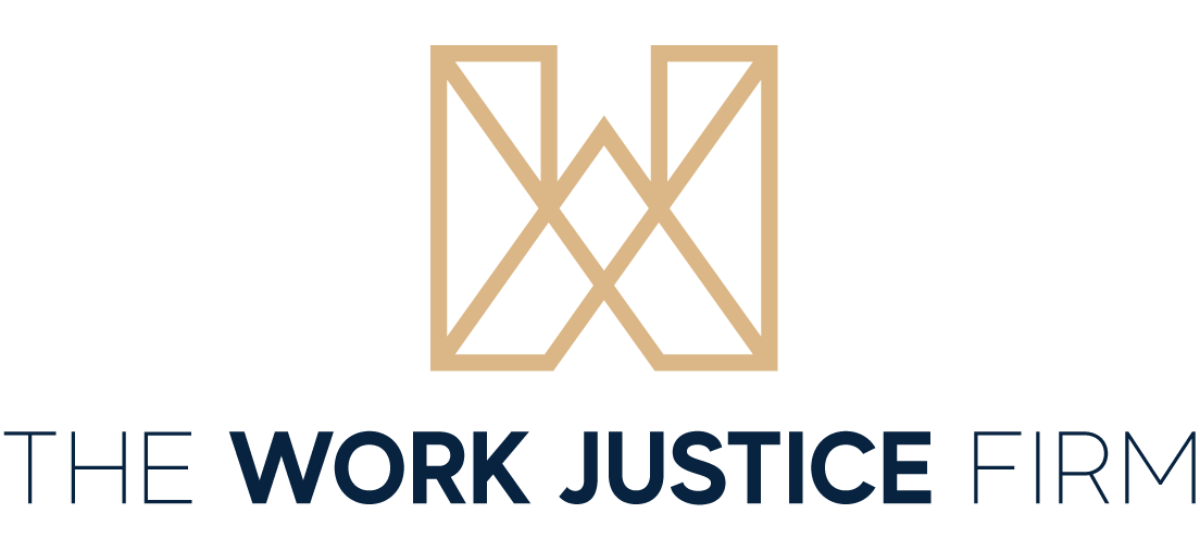Understanding Work Injuries and Workers' Compensation in California
Understanding Work Injuries and Workers' Compensation in California
Work injuries are an unfortunate reality for many individuals in California's bustling workforce. From slips and falls to repetitive stress injuries, these incidents can have significant physical and psychological impacts on employees. In such cases, navigating the complex landscape of workers' compensation becomes essential for accessing medical treatment and financial support.
Work Injuries
A work injury, also known as a workplace injury or occupational injury, encompasses any harm sustained by an employee while performing job duties or within the scope of their employment. These injuries can range from falls and strains to burns, cuts, fractures, and even occupational diseases resulting from prolonged exposure to hazardous substances or conditions.
Responsibility in Workers' Compensation
In California, the workers' compensation system operates on a "no-fault" basis, which means assigning blame or negligence is generally not a factor in determining responsibility for a work-related injury. Instead, California employers are mandated to carry workers' compensation insurance, providing benefits to employees injured on the job. This ensures that injured workers receive necessary medical treatment and compensation for lost wages without resorting to legal battles against their employers.
Types of Workers' Compensation Benefits
The workers' compensation system in California offers various benefits to employees who suffer work-related injuries or illnesses:
Medical Benefits: Covering necessary medical treatment related to the injury or illness.
Temporary Disability Benefits: Providing partial wage replacement for employees temporarily unable to work.
Permanent Disability Benefits: Offering compensation for lasting impairments affecting employability.
Supplemental Job Displacement Benefits: Assisting injured workers in acquiring new job skills or training.
Death Benefits: Providing support to dependents of workers who die as a result of a work-related injury or illness.
Vocational Rehabilitation: Helping injured workers return to work through job placement assistance and vocational training.
Know Your Rights
If you sustain a work-related injury, you have specific rights to protect yourself and ensure you receive appropriate care and compensation:
Right to Medical Treatment: You're entitled to receive necessary medical care for your injury.
Right to Report the Injury: Promptly report the injury to your employer to initiate the workers' compensation process.
Right to File a Claim: You have the right to file a workers' compensation claim to seek benefits.
Right to Return to Work: If feasible, you have the right to return to work with accommodations.
Right to Legal Representation: You can seek legal counsel to navigate the workers' compensation process effectively.
Work Injuries
& Workers' Compensation
Understanding your rights and the workers' compensation process is crucial in securing the support needed for recovery and moving forward after a work-related injury in California. With proper knowledge and advocacy, injured workers can navigate through the challenges with confidence.
Protecting Your Rights
To safeguard your rights after a work-related injury:
Report the injury to your employer immediately.
Seek prompt medical attention and follow recommended treatment.
Maintain detailed records of the incident and medical treatment.
Cooperate with your employer and their insurance carrier.
Consider seeking legal counsel for guidance and advocacy.
If you have any questions or concerns, don't hesitate to reach out to Brent Marlis and the team of lawyers at The Work Justice Firm. They are available to provide expert guidance and address any questions you may have.
CONTACT US FOR A FREE CONSULTATION!
(323) 775-9000
The information contained on the WJ website is provided for educational and informational purposes only. The contents of this site are not and should not be construed as legal advice.

